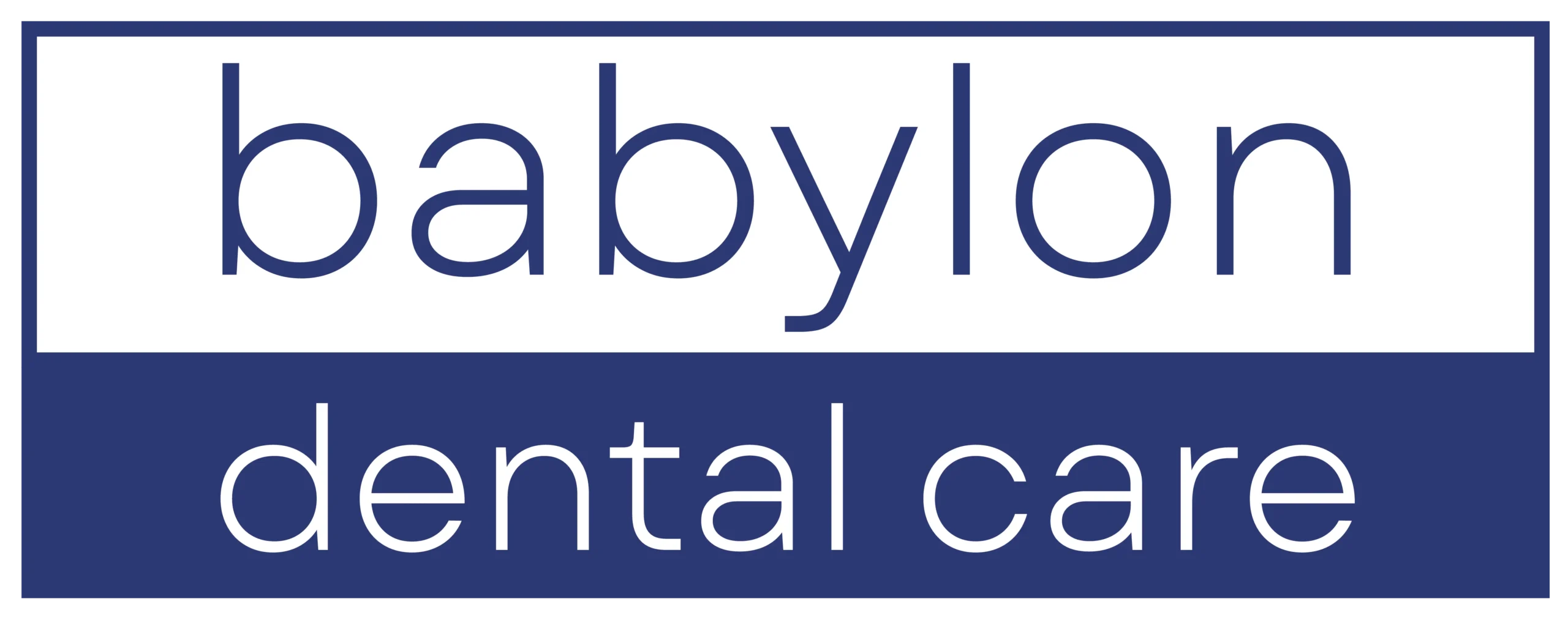Some cravings seem innocent enough, like satisfying your sweet tooth now and then. When a craving is taken to the extreme, it can harm a person’s dental health. For some people, crunching or chewing ice can feel intensely satisfying. However, chomping ice cubes or munching on ice chips can cause significant dental problems, turning a craving into cavities.
What drives a person to crunch on ice, and how can this behavior impact an individual’s oral health? Learn why chewing ice harms your teeth and how to combat the craving.
What Is Pagophagia?
Pica is an intense or overwhelming craving to eat items without nutritional value, like ice, chalk, or dirt. Pagophagia is a form of pica that compels individuals to eat or chew on ice. While the predominant symptoms of pagophagia are an intense or persistent need to chew on ice compulsively, other signs of the condition can include:
- Fatigue
- Headache
- Dizziness
- Pale or dry skin
- Sore tongue
- Cold extremities
Some research indicates that pagophagia may be associated with anemia or iron deficiency. The condition manifests behavioral signs of a nutritional deficiency. There may also be a link between pagophagia and compulsive and depressive disorders, and potentially with conditions such as autism.
In addition to the link with anemia, some studies suggest that chewing on ice may temporarily send more blood to the brain. This action could improve alertness and focus. Red blood cells use iron to help carry oxygen-rich blood to the brain and other body parts. Chewing on ice may stimulate blood flow to the brain, providing the temporary boost the brain needs for mental clarity and processing. It may also relieve some of the symptoms associated with anemia.
How Pagophagia Affects Dental Health
For individuals with pagophagia, crunching ice can feel good. Unfortunately, persistent or compulsive ice chewing can cause significant damage to a person’s oral health. One of the most common issues of chewing on ice is chipped or broken teeth. Over time, the stress and pressure of munching on ice can put enormous stress on teeth, causing microscopic fracture lines. These cracks can grow deeper, fracturing teeth to the point they cannot be restored, leading to tooth loss.
Chewing on ice can also damage tooth enamel, or the outer layer of the tooth. This can increase the risk of developing tooth sensitivity, decay, cavities, and other oral health problems. Crunching on hard ice also requires a lot of force. That force may result in muscle pain in the jaw and potentially contribute to temporomandibular joint problems (TMJ). The gums are not safe from the ravages of ice chewing either. The cold temperature of the ice can numb the gums. Loss of sensation can make it difficult to tell when a sharp ice chip cuts soft gum tissue.
Individuals with dental work like braces, crowns, porcelain veneers, and fillings also suffer damage. Crowns and fillings can chip, while metal, bonded brackets on braces can break away or dislodge from the teeth. Not only is the ice damaging a person’s teeth, but it can also cause significant and expensive damage to dental work.
What You Can Do to Protect Your Oral Health
The first step in improving your oral health is talking to your doctor. Pagophagia is often associated with dietary deficiencies, stress, anxiety, and other treatable medical conditions. Women, especially pregnant women, seem to be more susceptible to pagophagia. Your doctor may help treat compulsive ice chewing with vitamins, supplements, nutritional changes, or medication. Once your body gets the nutrients it needs, the obsessive need to chew on ice slowly subsides. Identifying the root cause of the issue is the best way to kick the ice-chewing habit and protect oral health.
Cognitive behavioral therapy is another tool a professional can use to help patients address habits they want to break. Sometimes, individuals use ice chewing to combat stress because it is calming. Therapy can help a patient identify and respond to emotional stress and anxiety without resorting to habits like ice crunching.
Individuals can also protect their oral health from the effects of chewing ice by talking to their dentist. X-rays and a clinical examination can help identify weak points, cracks, and teeth or dental work damage. Your dentist can also offer helpful suggestions for beating ice chewing and getting your oral health back on track.
Let Our Dental Care Team Help You Protect Your Teeth
The caring dental staff at Babylon Dental Care wants to help you protect your oral health. We understand that compulsive ice chewing can be difficult to manage. We work with you and your care team to manage the condition and improve your oral health, giving you a reason to smile.
Contact our office online or call (631) 983-6665 to schedule an appointment.
Related Posts:
Oral Health Signs and Symptoms You Should Not Ignore


